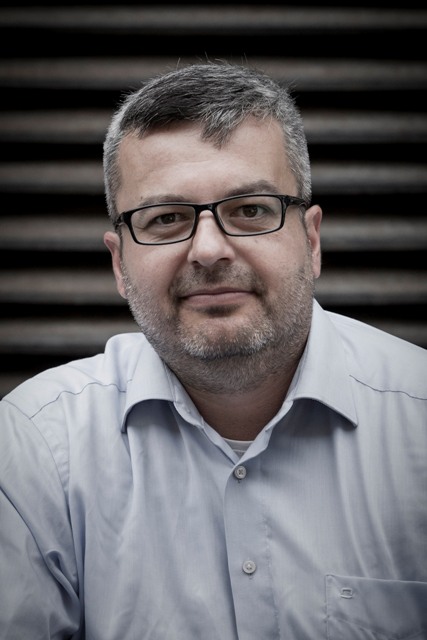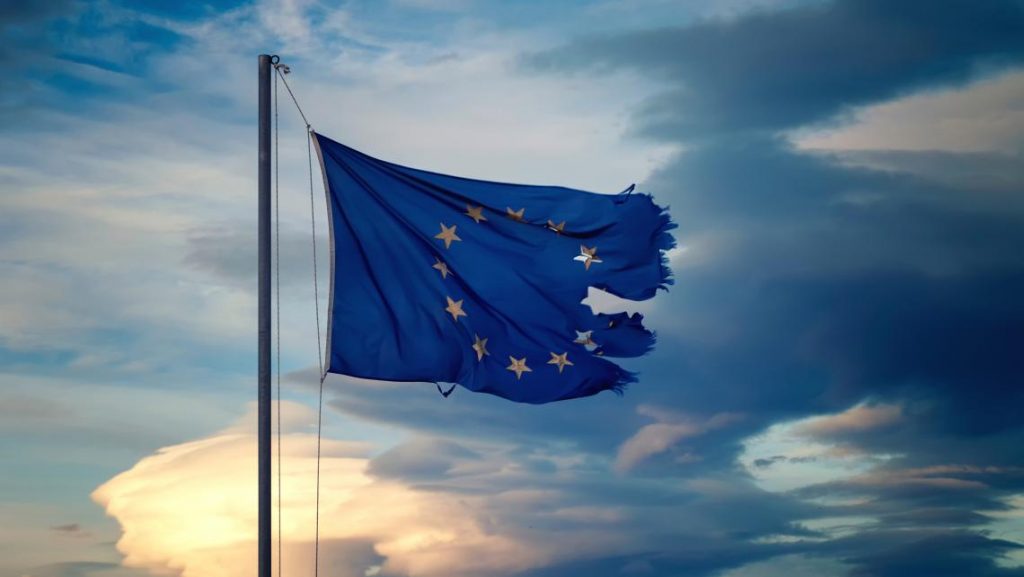The https://english.atlatszo.hu use cookies to track and profile customers such as action tags and pixel tracking on our website to assist our marketing. On our website we use technical, analytical, marketing and preference cookies. These are necessary for our site to work properly and to give us inforamation about how our site is used. See Cookies Policy
Atlatszo selected to participate in the newly established Integrity Authority’s anti-corruption working group
The Integrity Authority was not set up voluntarily by the Hungarian government, but it was forced to do so by the European Union: this was one of 17 commitments to fight corruption and waste of public money that the European Commission made conditional on Hungary continuing to receive EU funds. In return for the EU money Hungary was to receive, an anti-corruption working group should also be set up alongside the Integrity Authority, in which NGOs genuinely independent of the government could participate. We first tested this commitment and, somewhat to our own surprise, our application for this working group was accepted.
For more than eleven years now, Átlátszó has reported on countless cases of budget fraud, many of them involving the misappropriation of EU funds. Almost ten years ago, we were the first to report on the public procurement triumphs of companies owned by István Tiborcz, the prime minister’s son-in-law, in EU-funded projects. We also predicted that the majority of the tenders they won would bleed to death in the tests of OLAF, the EU’s anti-fraud office. And so they did, but the Hungarian investigative authority and prosecutor’s office sabotaged the investigation into the Elios case, and the Hungarian taxpayers ended up paying the bill instead of the Tiborczs, while our journalist who investigated the case for years went off to work as a lorry driver in grief.

The Elios case is just the tip of the iceberg: Hungary has systematically misused EU funds since it joined the EU in 2004. Our first series of stories on this topic was about the misappropriation of tender money before the 2010 elections, and after our fact-finding work, the case was investigated by OLAF and even became a case study. Since then, we have written more than a hundred stories about the misuse of EU funds, with specific cases uncovered. We also devoted a series of articles to how the Hungarian prosecutor’s office led by Péter Polt handled the signals received from OLAF in individual cases, and our own investigations regularly lead to OLAF investigations, most recently, for example, the results of a 2019 Atlatszo investigation were echoed in an OLAF press release.
Átlátszó therefore has a wealth of expertise and experience in the field of work of the Integrity Authority and the Anti-Corruption Working Group, so we could not shy away from the task when they were looking for non-governmental organisations that are truly independent of the government to join this effort. While the non-governmental press greeted the news of the anti-corruption action package with scepticism, we decided to test whether it was really just a sham measure or whether it would make a real difference to the way corruption cases are handled in Hungary, where they are now largely inconsequential.
The first test was the application itself: would we get on the working group, or would the civilian mandates of the body be filled by pseudo-civilians with links to the governing party?
The working group has a consultative role alongside the authority, has 21 members, ten of whom are delegated by law by public bodies and ten of whom are selected by tender from non-governmental actors. A total of 24 people applied for the open call for applications, 6 delegated by NGOs and 18 individuals. Tamás Bodoky, Managing Director and Editor-in-Chief, was nominated by Átlátszó. In our application, we stressed that we believe that the working group could be able to address corruption at an effective, systemic level if five conditions are met:
- the open, information-sharing and problem-solving focus of government organisations;
- constructive participation of civil society organisations with a professional focus;
- the transparent operation of the working group itself, both for the press and the public;
- the unambiguous independence of all civil society members of the working group from government;
- that the reports produced and adopted by the working group carry sufficient political weight, i.e. that the Integrity Authority and the Government take account of the measures proposed by the working group and that they are reflected in legislation.
The first test was passed by the Integrity Authority, whose newly appointed chairman, Ferenc Pál Bíró, has selected several representatives of anti-corruption organisations among the ten civil society members of the working group, who would be difficult to accuse of government bias. Following the decision, prominent anti-corruption organisations, like Transparency International Hungary and K-Monitor, may also delegate members to the working group, which will be set up next week.
Some of them have already formulated their conditions for participation. Transparency International Hungary has made it a precondition that the adoption of the working group’s agenda must be open to the public; that its meetings must be convened by the chairman of the Integrity Authority at the initiative of a predetermined number of civil society members; that it must have the possibility to initiate the Integrity Authority’s proceedings and to ask the Integrity Authority for explanations on decisions taken in individual cases. TI Hungary reserves the right to go public and to withdraw if there are serious concerns about the functioning of the working group.
K-Monitor stated that it does not consider the 17 anti-corruption commitments made by the government to the EU and their implementation to be sufficient to ensure the protection of EU and especially domestic funds. Applying to the working group is therefore not about recognising anti-corruption measures, but about holding them and those that have not been taken to account. Applying to the working group is not seen as a matter of principle, but simply as a technical opportunity to make proposals on corruption and to hold to account the implementation of anti-corruption measures through a number of channels.
Petra Reszkető (Budapest Institute) believes that it makes sense to participate in the working group as long as its functioning is transparent and its decisions and recommendations to the government are fully public and receive meaningful attention.
The inaugural meeting of the Anti-Corruption Working Group will take place on Tuesday 13 December. Átlátszó has also sent its comments on the preliminary agenda:
1., Since the agenda only states that the Working Group shall meet “as necessary” and be convened by the Chair, we suggest that a mechanism be introduced whereby the Chair is obliged to convene the Working Group in case of a joint request by at least 3 members.
2., We miss the reference in the Rules of Procedure to the shadow report and its possible details. According to the law, non-governmental actors in the Working Group are entitled to prepare a shadow report, which must be made publicly available at the same time as it is sent to the Government and published on the Working Group’s and the Authority’s website.
Átlátszó will therefore continue to test the work of the Integrity Authority, and we will report regularly on developments in relation to the working group.
Written and translated by Tamás Bodoky. Hungarian version of this story. Cover photo by Theophilos Papadopoulos, flickr CC BY-NC-ND 2.0

